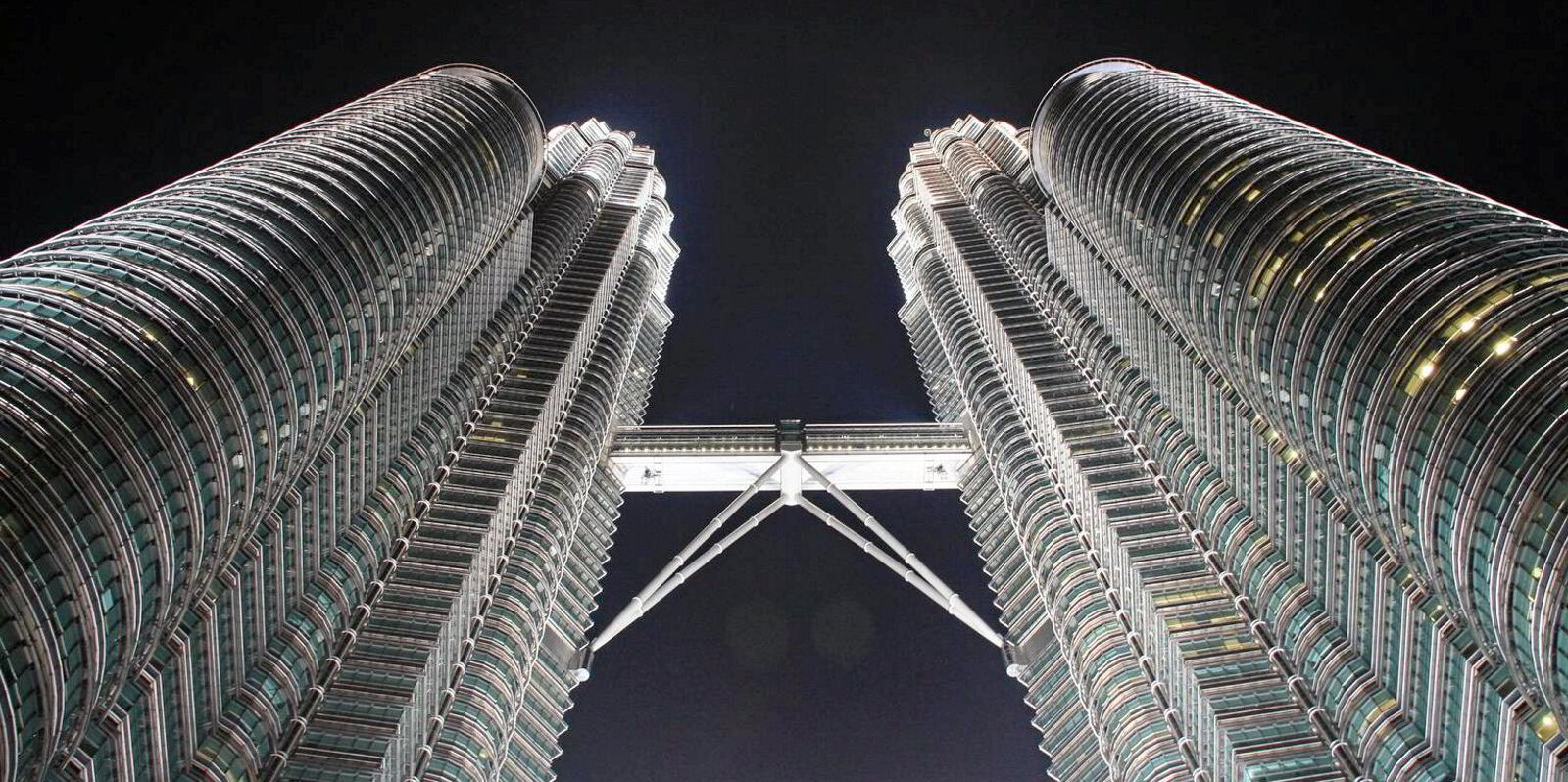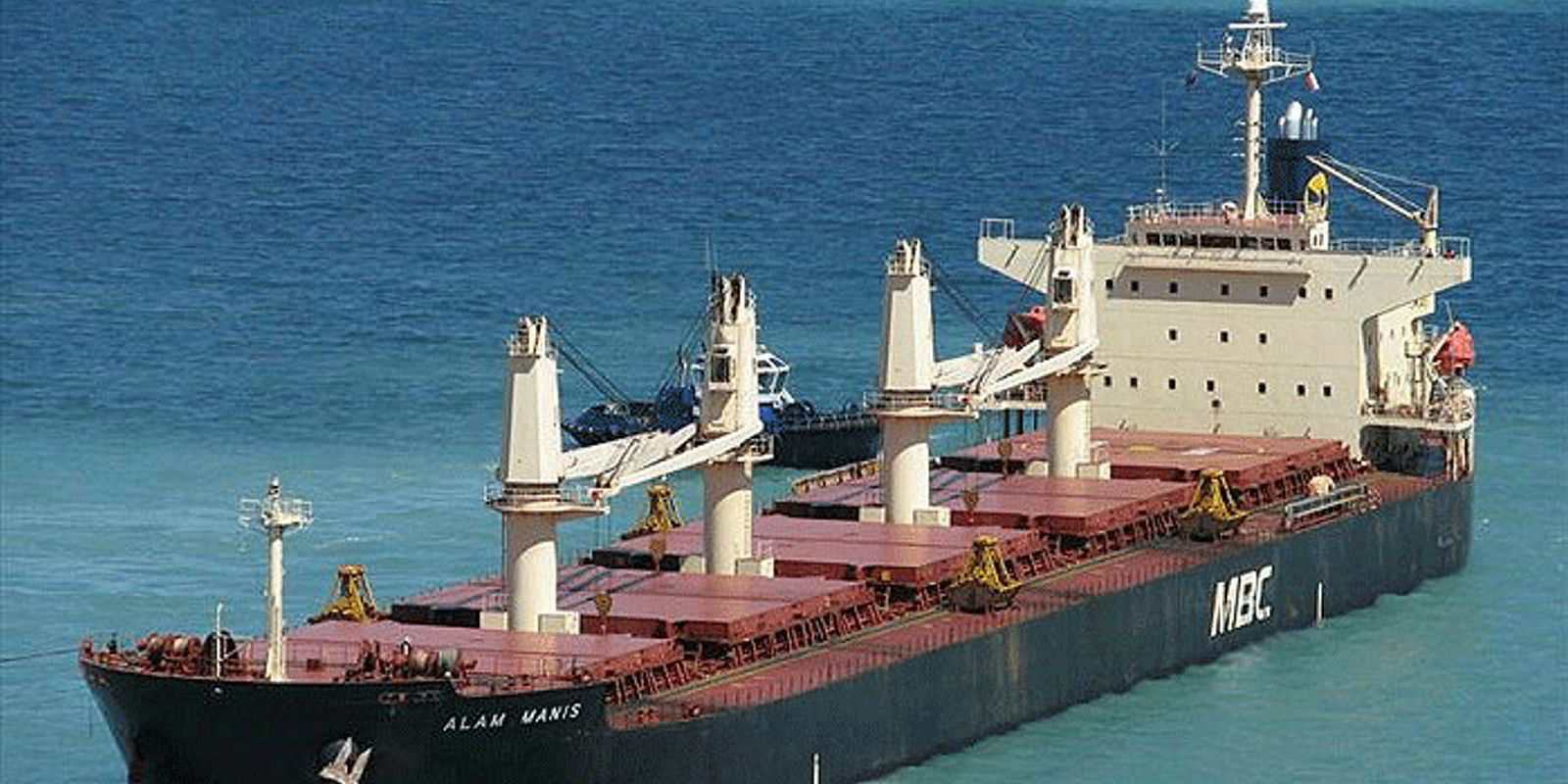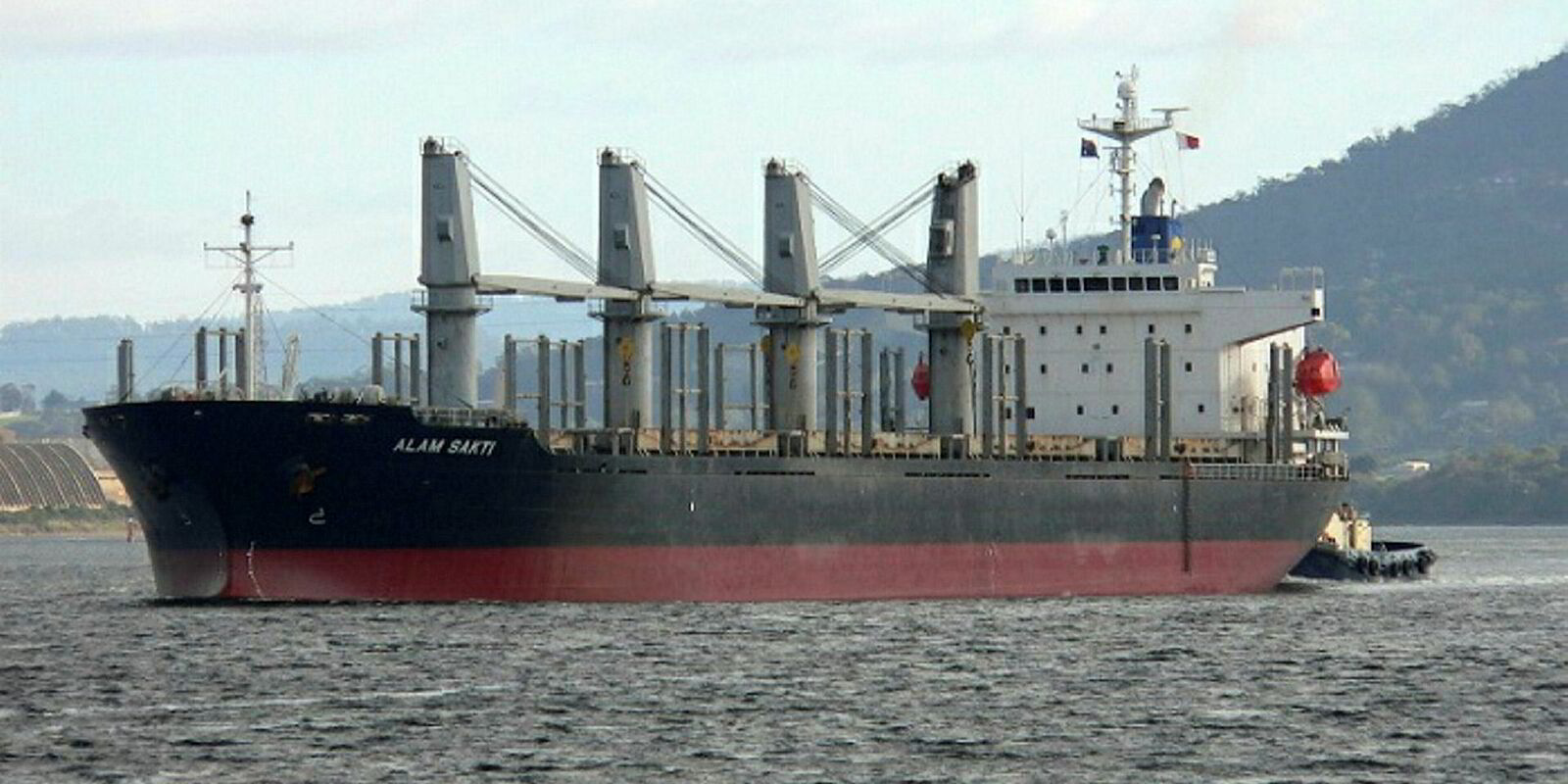Scaled down Malaysian owner Maybulk now earns more from its shelving and storage solutions business than from operating bulkers, recently released figures show.
The Robert Kuok-backed shipowner lost MYR 375,000 ($86,316) on its shipping operation in the first half of this year against a profit of MYR 2.3m from its non-shipping activities.
The Kuala Lumpur-listed shipowner has just one bulker in its fleet at present — the Oshima-built, 85,000-dwt Alam Kuasa (built 2019).
The ship is currently performing a long-term charter running until 2031 with an unnamed third party to transport coal.
“Revenue and profit from the bulkers segment with only one vessel remaining is expected to improve in the second half of 2024 after the completion of the [vessels] dry-docking,” Maybulk said.
“The Alam Kuasa is under a long-term contract at a fixed contracted rate subject to bunker price adjustments and will not be affected by open market charter rate volatility.”
Maybulk is in the process of moving into industrial property development to generate an additional revenue source and to reduce its dependence on its existing shipping business.
The company offloaded the 82,100-dwt Alam Kekal (built 2018) to Tokyo Century Corp exactly 12 months ago in a transaction that netted it about $32.3m.
Maybulk told investors in a circular late last year that the disposal had enabled it to realise the value of its asset at a favourable price due to the high dry bulk charter rates resulting from the increased demand for commodities amid the global economic recovery which had increased the market value of the vessel.
However, the group said it expects dry bulk charter rates to be lower in future due to a combination of reduced port congestion coupled with elevated levels of domestic coal production in China that will limit demand for shipments as the country reduces its imports.
“As part of its efforts to mitigate the risk of overdependence on its existing core business which is subject to fluctuations in charter rates that are beyond the group’s control, the group has in recent years carried out an asset optimisation strategy to minimise vessel downtime by operating a smaller fleet of vessels as well as improve operational efficiency and cost management by selling older, less fuel-efficient vessels,” Maybulk said.
“Moving forward, the group will maintain its existing core business of the ownership and operation of vessels and ship management and continue to operate Alam Kuasa, but does not have any intention of increasing its fleet size in the near future.”





